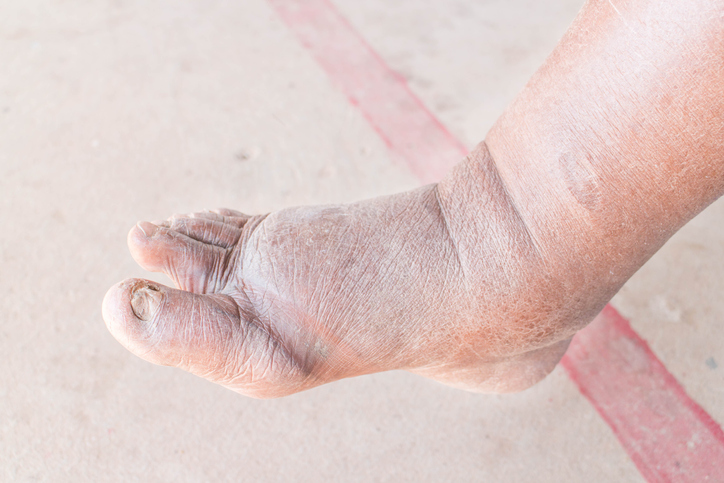Pain
Gene Therapy for Diabetic Neuropathy

What is diabetic neuropathy?
Diabetic neuropathy affects approximately 50% of individuals with diabetes. It develops from long-term elevated blood glucose levels that gradually cause nerve damage. Managing type 1 or type 2 diabetes with proper medical care, blood sugar monitoring, and a healthy lifestyle is critical in preventing or slowing the progression of diabetic neuropathy.
What is gene therapy?
Gene therapy is a treatment process that involves changing the genes that are stored inside the body’s cells. Genes contain the DNA that dictates how the body presents and functions. When they malfunction, a disease or other condition may develop. Gene therapy utilizes technology to replace a defective gene or add a new gene to help offset certain conditions.
Gene therapy for diabetic neuropathy
Gene therapy is being explored as a treatment option for diabetic neuropathy. Studies have compared gene therapy to a placebo group, and has shown that gene therapy is a safe and effective method of treating diabetic neuropathy. Additionally, the difference in pain reduction between those treated with gene therapy and those in the placebo group was greater for participants who were not taking gabapentin or pregabalin. This indicates that the efficacy was greater for them than those who were taking these types of medications.
The possibility of nerve regeneration has also been observed in participants who received gene therapy. This provides the potential for more than just palliative treatment for diabetic neuropathy. Physicians and scientists are provided the ability to treat the root of the issue, rather than just the symptoms. Overall, this could be a key turning point in the treatment of diabetic neuropathy.
Additional source: American Society for Clinical Pharmacology and Therapeutics


















